Overview
This strategy is based on the premise that successful completion of specific assessment tasks is increases when students must complete other activities before attempting said assessment. As opposed to assuming students have completed the work, done the readings, kept up with the learning materials, the assessment task itself is only accessible to students only once these preliminary activities have been attempted. This may also be described as a scaffolded approach to assessment and is similar to Adaptive Release but applied to the assessment tasks themselves.
In Practice
Subject
FIN516 Corporate Finance
Teaching Staff
Ruhina Karim
Motivation
In the past students have not completed the formative end of topic quizzes, so when they get into the exam they struggle. Each topic builds on the previous knowledge so they really need the revision quizzes at the end of topics to practice and become familiar with the concepts being taught.
Implementation
Adaptive release was designed on both a score of the previous topic quiz (50%) and the date that the topic would normally be studied in the usual 14 week cycle. Skilled students could progress quickly while less skilled students spent more time practicing up to a set date when they were pushed along to the next topic.
So students can accelerate through and are in control of their learning and developing skill level.
Guide
Adaptive release may provide a strategy for scaffolding the acceleration of skilled students while supporting deeper skill rehearsal for weaker students. Care must be taken however to ensure it does not become a log jam or a mechanism for teacher centred control. Students should be provided with an opportunity to demonstrate mastery and accelerate through the material.
Tools
Within Blackboard you can access two types of adaptive release:
- Basic adaptive release: allows the application of one rule to the content.
- Advanced adaptive release: allows you to set more complex release criteria. For example students may have to meet more than one criteria or be able to access content by meeting different criteria.
You can add four types of criteria when you create rules:
- Date
- Membership
- Grade
- Review Status
The Blackboard Help is a useful source for more information.
